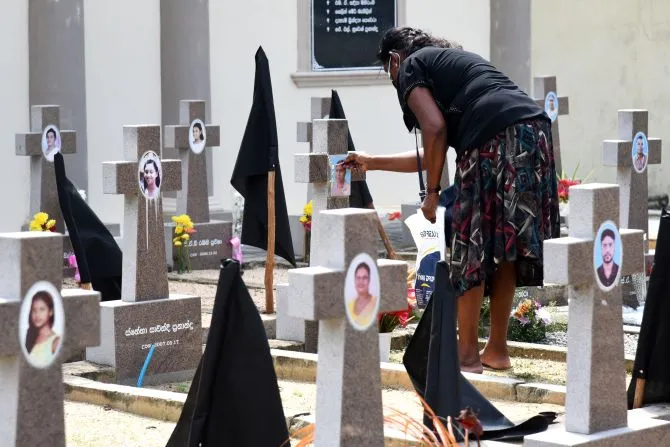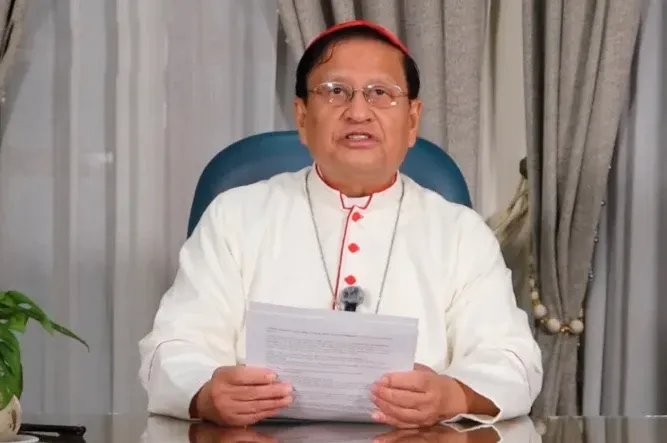Washington, D.C. Newsroom, 05 February, 2024 / 1:30 pm (ACI Africa).
The Archdiocese of Colombo, Sri Lanka, is set to begin the canonization process for the hundreds of faithful killed in the 2019 Easter Sunday terrorist attack in the country, an archdiocesan official confirmed with CNA.
Father Joy Indika Perera, a representative for Cardinal Malcolm Ranjith of Colombo, told CNA in an email last week that the archdiocese plans to submit a petition to the Vatican to declare those killed in the Easter Sunday attacks “martyrs of faith.”
The evil of terrorism!
— Jude C. Ndukwe ANIPR (@stjudendukwe) April 22, 2019
Innocent children prepared to receive their 1st Holy Communion in Sri Lanka but had their beautiful lives cut short by d evil of terrorism, match home to heaven as martyrs & saints! Even in death, they look so beautiful, stronger than the terrorist-cowards pic.twitter.com/CaAAfscozq
Perera said the archdiocese will be submitting the petition on April 21, exactly five years after the attacks took place. That is the minimum amount of time required by the Church to open a person’s canonization cause.
The petition will be submitted to the Vatican’s Dicastery for the Causes of Saints.








